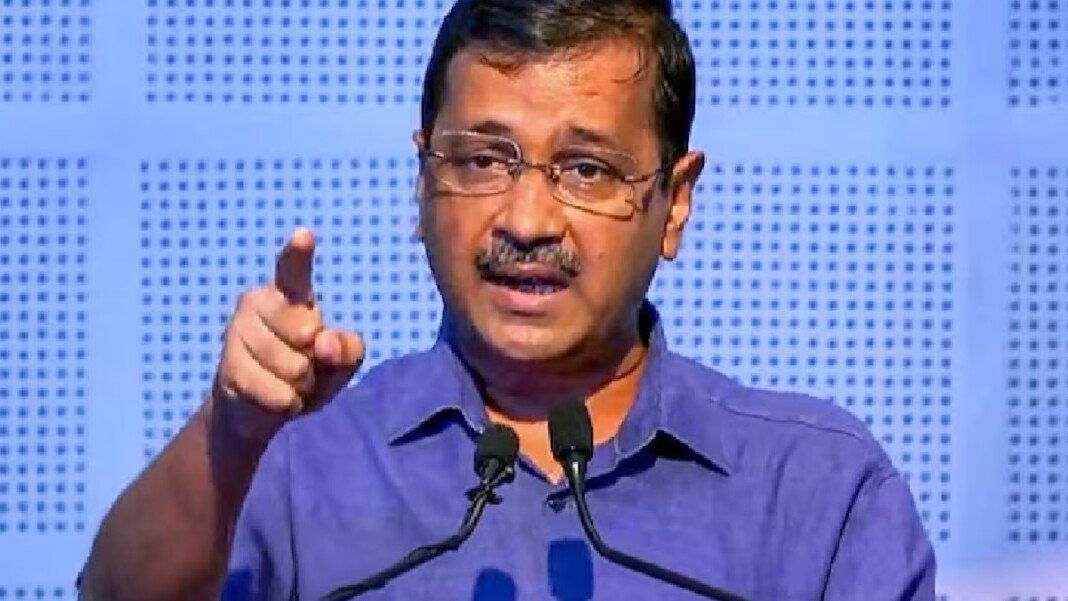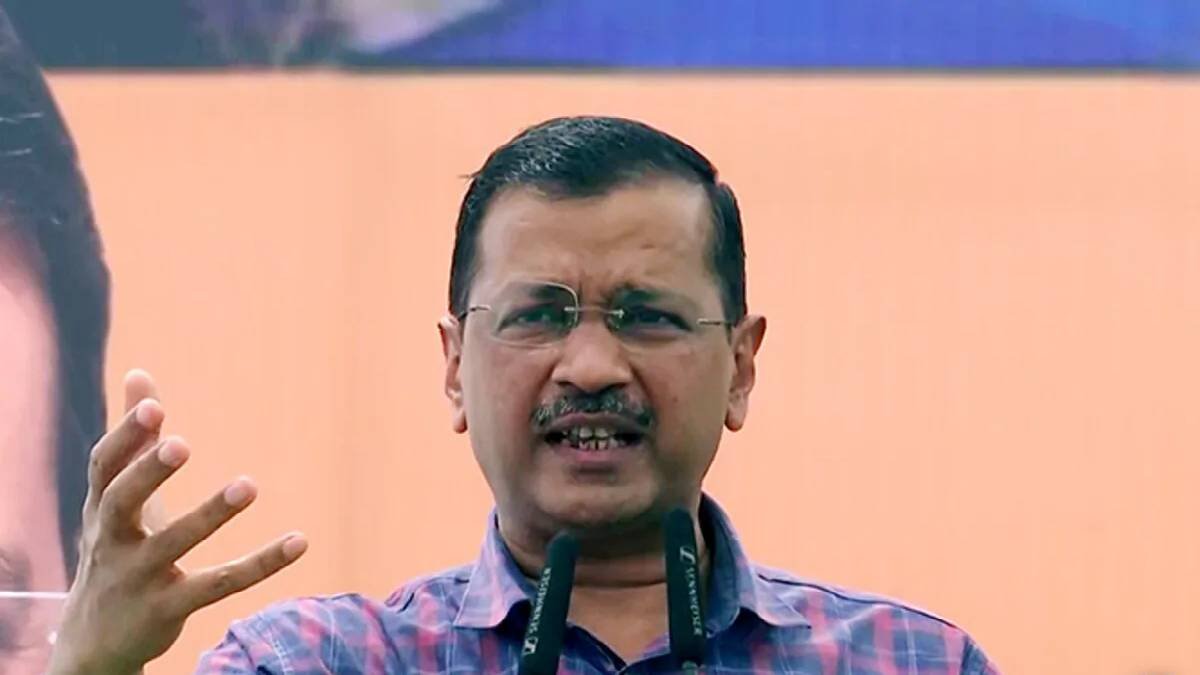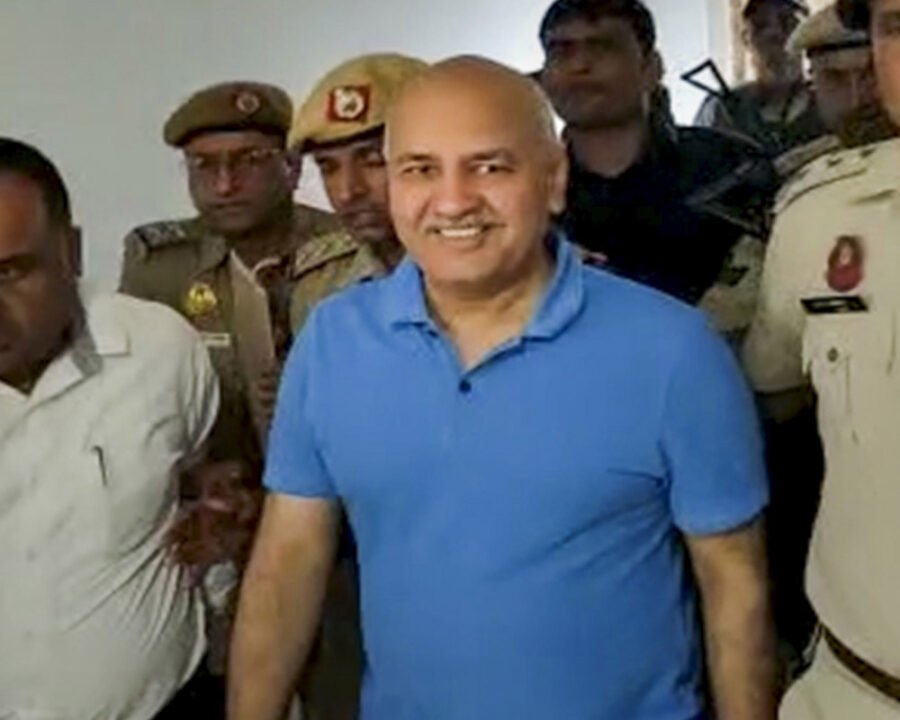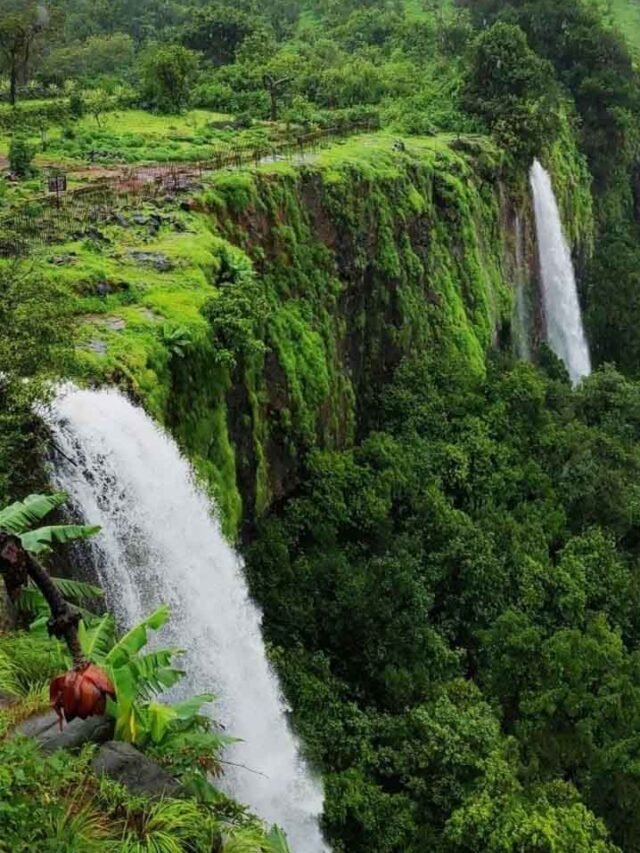HT Digital,
New Delhi, May 17: On Friday, the Supreme Court reserved its decision on Delhi Chief Minister Arvind Kejriwal’s petition challenging his arrest by the Enforcement Directorate (ED) in the Delhi Excise Policy case, known as *Arvind Kejriwal v. Directorate of Enforcement*.
A bench of Justices Sanjiv Khanna and Dipankar Datta reviewed the case’s written records and instructed the ED to present a detailed chart showing any new evidence that emerged after the arrest of former Delhi Deputy Chief Minister Manish Sisodia, which was used to justify Kejriwal’s detention. The Court also stated that Kejriwal could apply for bail in the interim.
Kejriwal was arrested by the ED on March 21, accused of involvement in a criminal conspiracy with AAP leaders, including Sisodia, to manipulate the Delhi Excise Policy of 2021-22 to unlawfully benefit certain liquor sellers.
Senior Advocate Abhishek Manu Singhvi, representing Kejriwal, argued that the evidence cited for Kejriwal’s arrest was pre-existing and had not been disclosed during his detention. Singhvi claimed that the grounds for arrest did not mention the use of funds in the Goa elections.
Singhvi also objected to the ED’s reliance on witness statements, pointing out discrepancies and questioning the credibility of the evidence.
Previously, the Court granted Kejriwal interim bail until June 1 to allow his participation in the ongoing Lok Sabha elections, following the rejection of his plea against arrest by the Delhi High Court.
During the proceedings, Additional Solicitor General SV Raju, representing the ED, argued that the agency had linked kickbacks to the distribution of funds in Goa during the election campaign.
The Court also raised concerns about the ED’s practice of not disclosing the “reasons to believe” guilt to the accused upon arrest under Section 19 of the Prevention of Money Laundering Act (PMLA).
Raju argued that such disclosure was not mandatory at the time of arrest, emphasizing the need to preserve evidence and protect witnesses.
In conclusion, Raju cautioned against the Court’s intervention in scrutinizing the evidence at this stage, suggesting it could lead to a surge of similar petitions.












